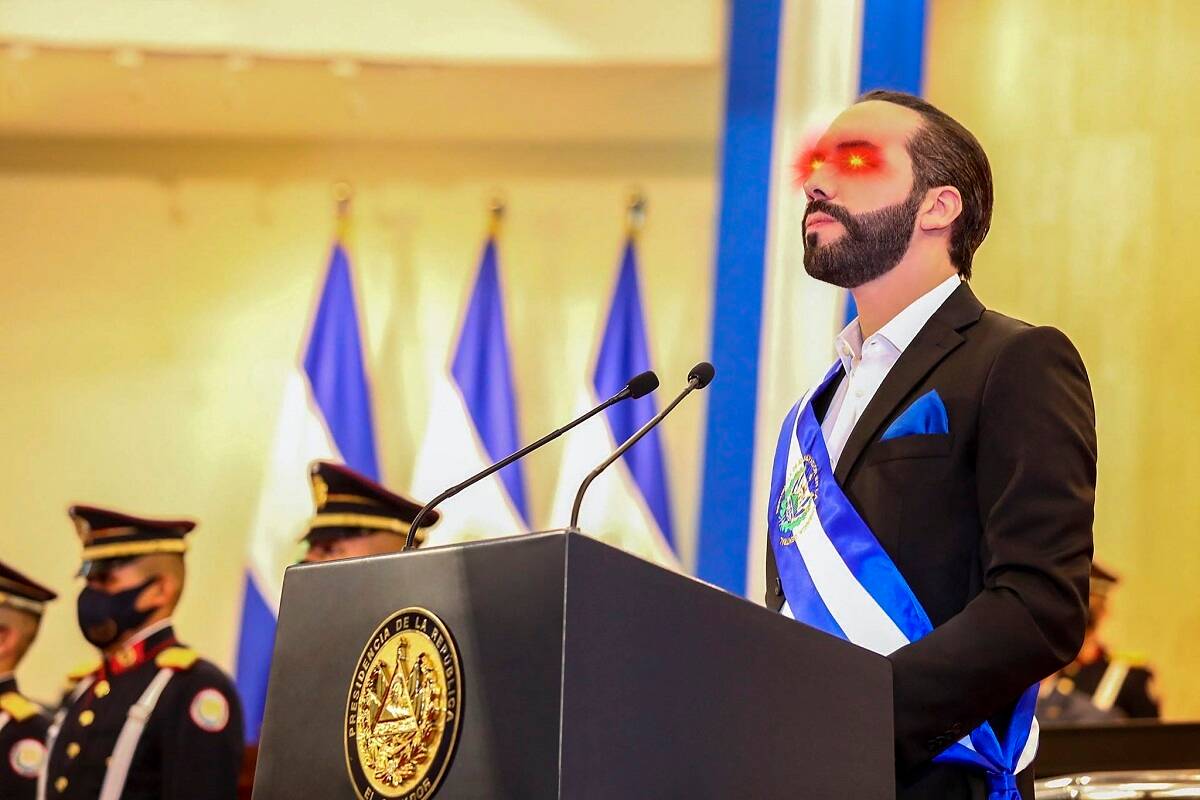
The biggest test Bitcoin has ever faced in its 12-year history is about to come when El Salvador adopts it Tuesday as legal tender.
Both supporters and opponents of crytocurrencies are going to be watching the experiment closely to determine if there is a substantial number of people who want to transact Bitcoin, when it circulates alongside US dollars, and if it has any benefits for the impoverished Central American nation.
With a market value of around $20 million at current prices, the country purchased 400 bitcoins before the roll-out. After purchasing the 200th batch, President Nayib Bukuele tweeted that the country will be buying ‘a lot’ more.
El Salvador just bought 200 new coins.
Now we have 400 #bitcoin#BitcoinDay
– Nayib Bukele (@nayibbukele) September 6, 2021
El Salvador may be an example for other countries if the experiment proves successful. The government’s Bitcoin wallet Chivo will help it become more popular. It comes preloaded with $30 worth currency for those who register with a Salvadoran ID number.
Bitcoin will be accepted by businesses to exchange goods and services. The government will also accept it for tax payments. This plan was created by El Salvador’s 40 year old president. He claims it will attract more people to the financial system and make it easier to send remittances.
Garrick Hileman (head of research at Blockchain.com, Miami) said, “This is brave new world stuff.” “We are still in unknown waters with this launch, however I’m happy to see this experiment take place overall, and I believe we’ll learn a lot.
Bitcoin ATMs
The administration of Bukele has placed 200 Bitcoin ATMs across the country, which can be used for the exchange of cryptocurrency for US dollars. The Finance Ministry created a $150 million fund at state-run bank Banco de Desarrollo de la Republica de El Salvador, Bandesal, to back the transactions.
According to the government, the dollar will continue to be the national currency for public accounting purposes. Merchants who are unable or unable in technology to receive the electronic currency will be exempted from the law.
El Salvador’s dollarized economy heavily depends on remittances from migrants abroad. They accounted for about a fifth GDP and totalled $6 billion in 2013. Bukele claims that Bitcoin could help Salvadorans save $400 million annually in transaction fees.
Public Skepticism
Bukele has a high approval rating of over 80%. However, a poll by El Salvador’s Universidad Centroamericana Jose Simeon Canas last week found that his Bitcoin law is not popular. The law should be repealed by two-thirds of the respondents, while 70% preferred to use US dollars.
The International Monetary Fund warned about the dangers of Bitcoin. It lost almost half of its value between April and May. El Salvador’s government requested that the World Bank help it adopt it. This was due to environmental and transparency concerns. Although they have since recovered some of their losses, the Bitcoin news helped to trigger a selloff in El Salvador’s dollar bonds.
Nathalie Marshik, managing director of Stifel Nicolaus & Co., stated that while crypto is sexy and untested, it can also be complicated for a country such as El Salvador. It’s very risky and there’s the question of is the Bandesal funds large enough? These regulations are very similar to the law. They were quickly put together. It is a huge question mark.
Pay Attention
The Sand Dollar, which was launched by the Bahamas this year, is backed by the central bank. Venezuela, on the other hand, has its own digital currency called the Petro. However, these currencies are quite different from Bitcoin’s decentralized counterpart.
Other countries in the region will closely monitor developments. While Cuba legalized cryptocurrency being used on its island last month, lawmakers from Panama and Uruguay proposed similar legislation.
Bitcoin’s adoption is happening as the country’s highest court, presided over last week by Bukele allies, ruled that the president can run again for a second term. The U.S. criticised the decision, claiming it damaged bilateral relations between the countries.